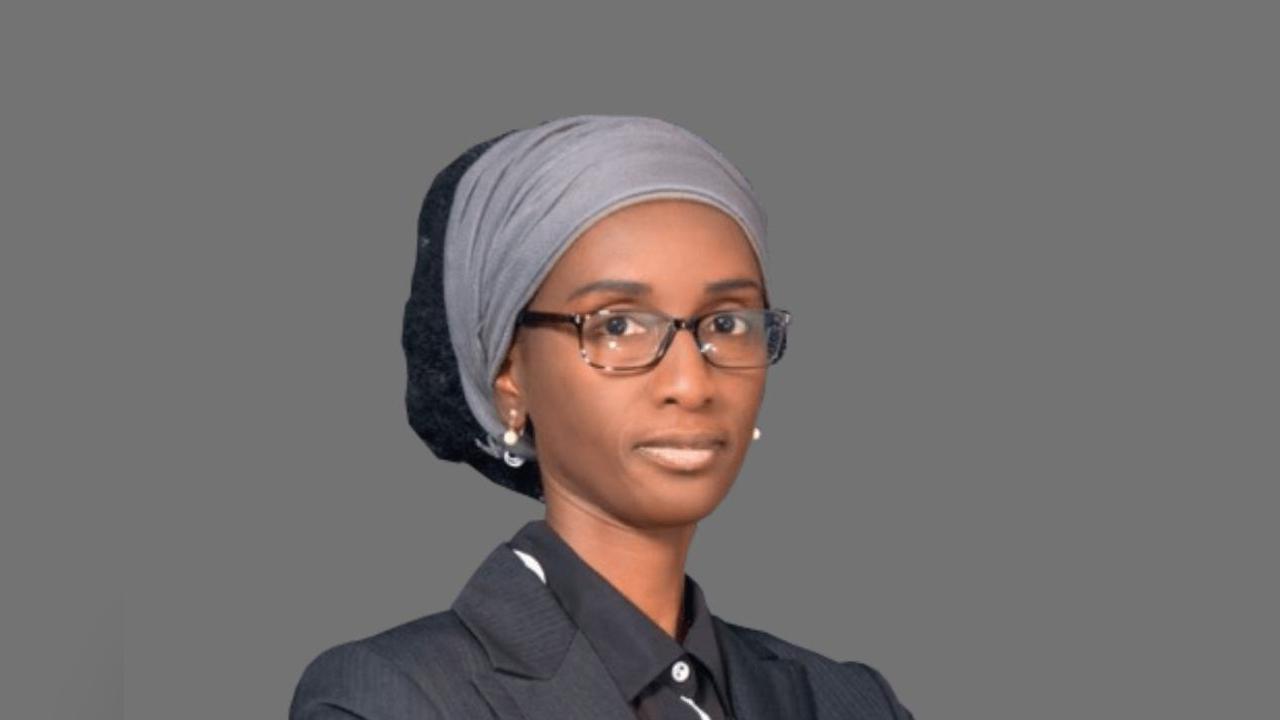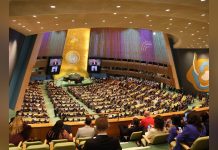Africa-Press – Gambia. The president of the Gambia Bar Association, Neneh MC Cham, has expressed disappointment over the decision by the National Assembly to deny Gambian diaspora to vote in their countries of residence, calling it unforgivable.
Cham, a respected member of the legal fraternity, was delivering a lecture at the Solo Sandeng memorial event on Friday.
According to her. the issue of electoral reform which was the cause of Solo and his colleagues’ decision to take to the streets in 2016, remains, with the laws governing elections outdated and unfair, needing amendment to allow for real free and fair elections as well as a level playing field for all political actors
She also expressed dismay that since 2017, most if not all of the provisions used to persecute people under Jammeh, still remain in our statute books.
The Bar president is also frustrated that nine years after the fall of the Jammeh regime, the adoption of a new constitution remains but a dream for various reasons most of which cannot be considered to be in the best interest of the nation.
“Gambians are at the mercy of our political leaders who must be mindful not to see this constitutional building process as a political game. The process requires all actors to be selflessly committed to working to present the best constitution for Gambians to vote for. One that will contain the progressive aspirations of the Gambian people, guaranteeing the fundamental human rights of all Gambians, respect principles of separation of powers, adequate checks and balances, as well as bring about accountability and good governance. That is the sort of constitution that is good for this country,” Cham said.
She however opined that with the possibility of a second time failure to pass the draft, the government was right to delay the second reading of the 2024 constitution. “Work still needs to be done to achieve a consensus. The process must be consultative and we must collectively be sincere and do all in our power to succeed,” she said.
Cham warned that there are challenges the nation must confront such as corruption, lack of transparency, inefficiency and resistance to reform all of which are needed by our institutions to function.
“We must acknowledge these shortcomings so that we can address them,” she concluded.
For More News And Analysis About Gambia Follow Africa-Press






